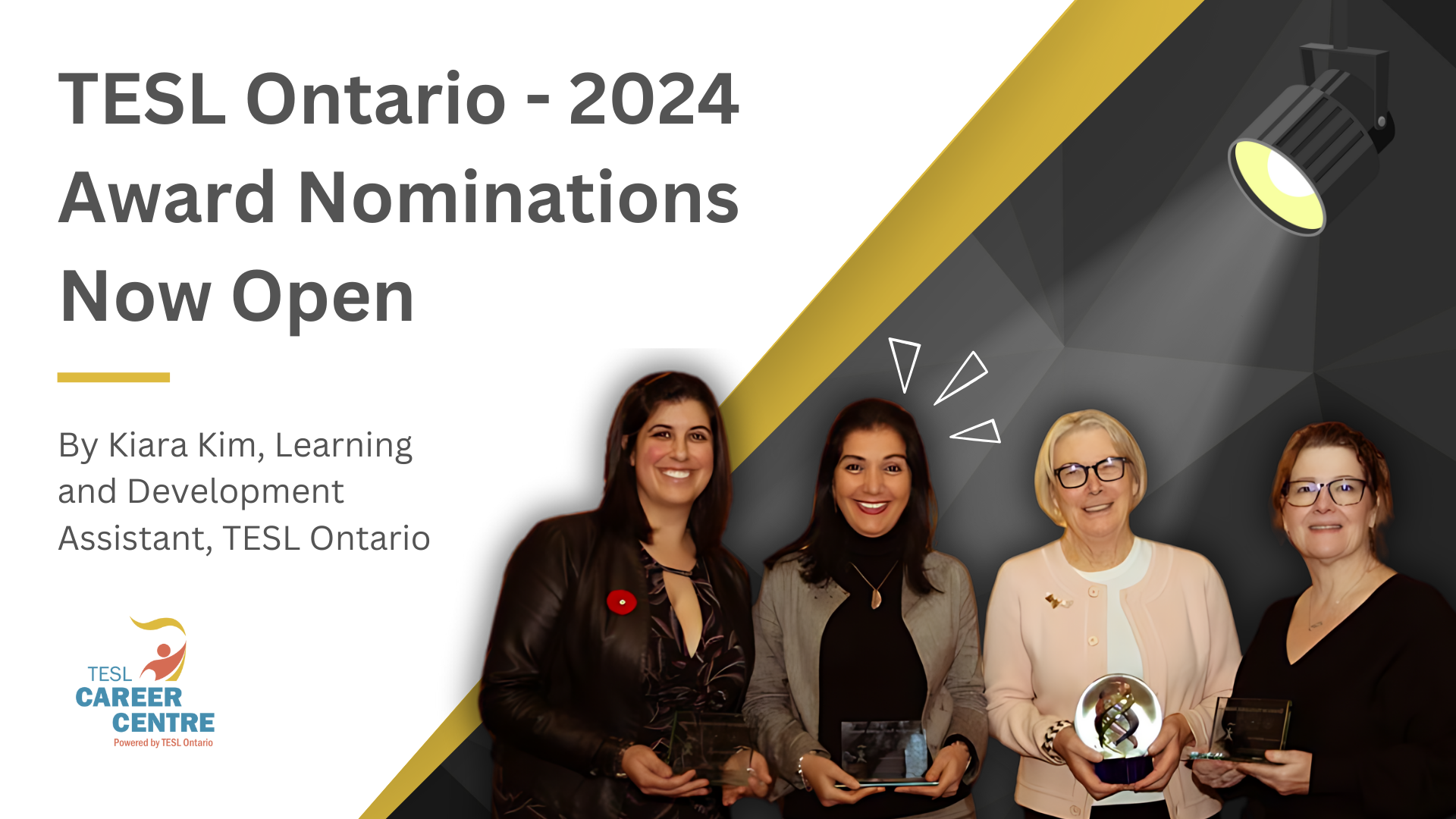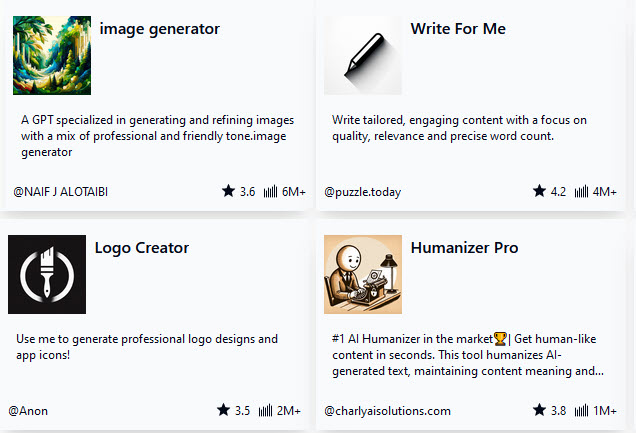By: Margaret Holec
Language learning is a multifaceted journey that involves not only acquiring vocabulary and grammar rules but also fostering a deep connection with, and passion for, the language. In the realm of teaching English as a Second Language (ESL), educators often emphasize the importance of creating a supportive and engaging learning environment. One powerful concept that encapsulates this approach is the Triangle of Love for English.
The Triangle of Love for English represents three essential elements that contribute to effective language teaching and learning: the mind (intellectual aspect), the heart (emotional connection), and the mouth (language production). Let’s delve deeper into each element and explore how they work together to nurture language learning with care and passion.
Continue reading →









